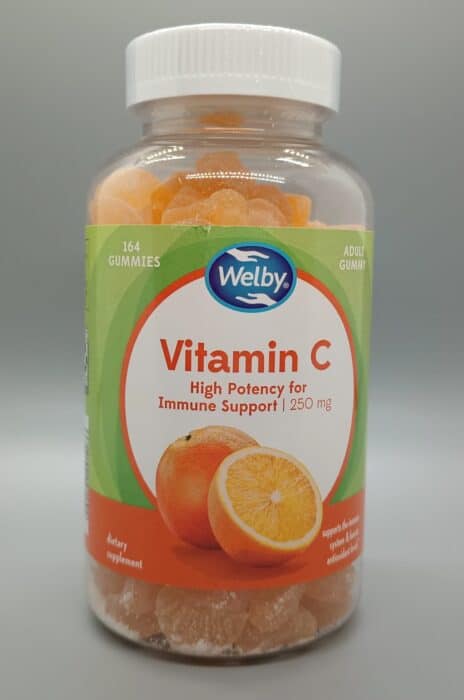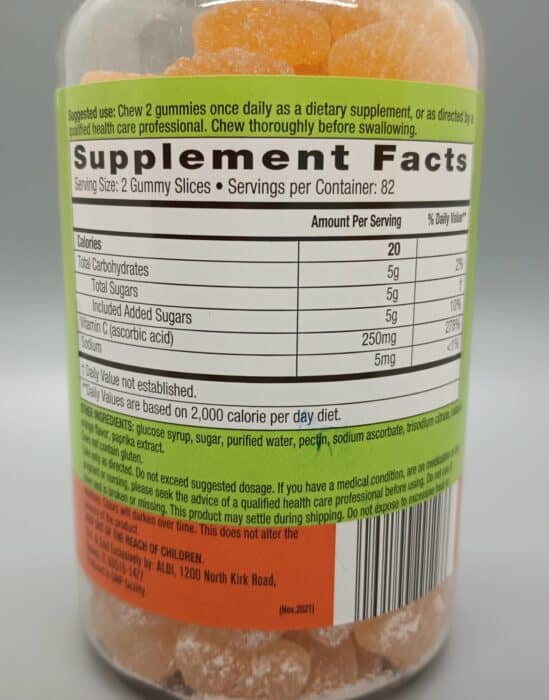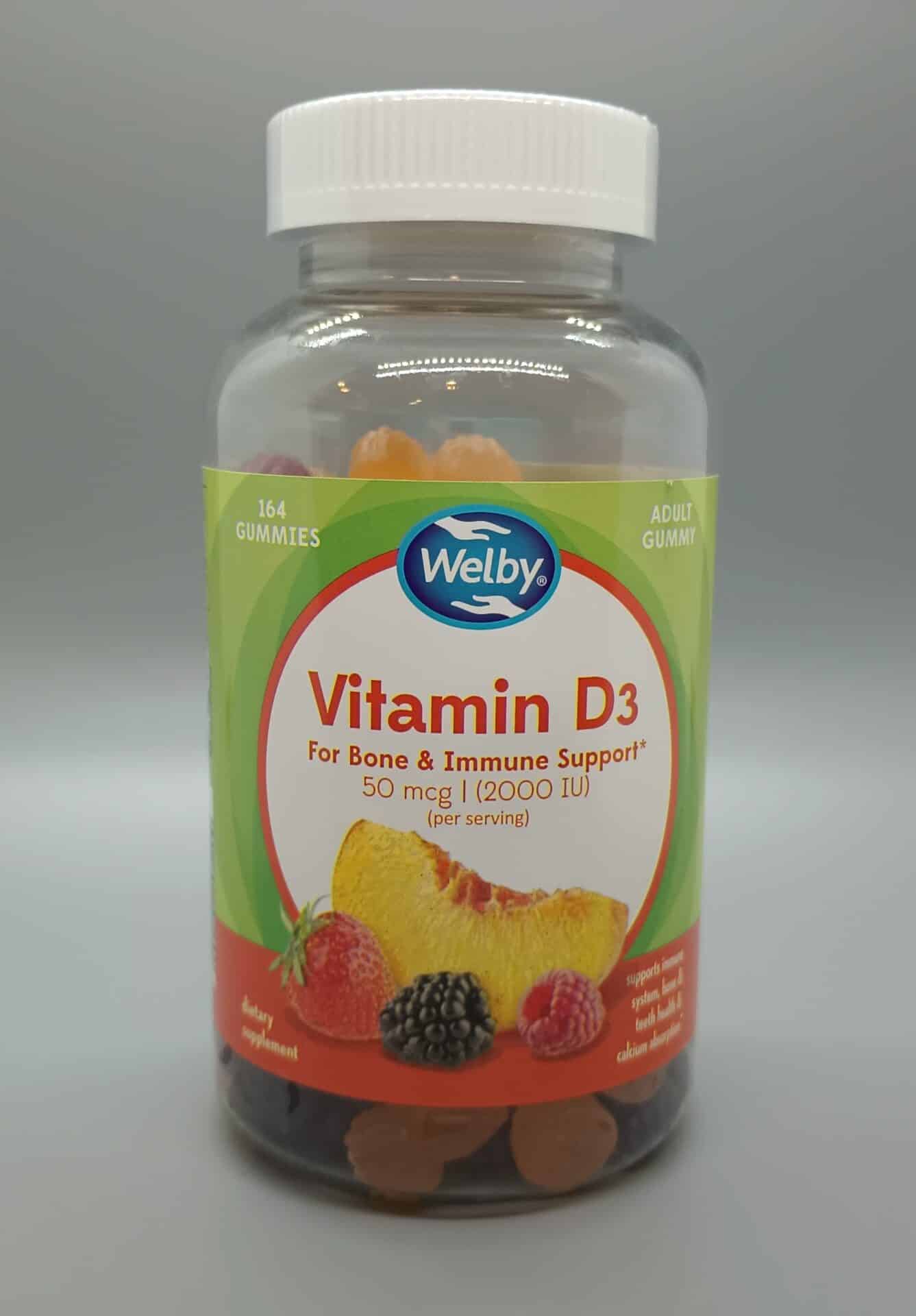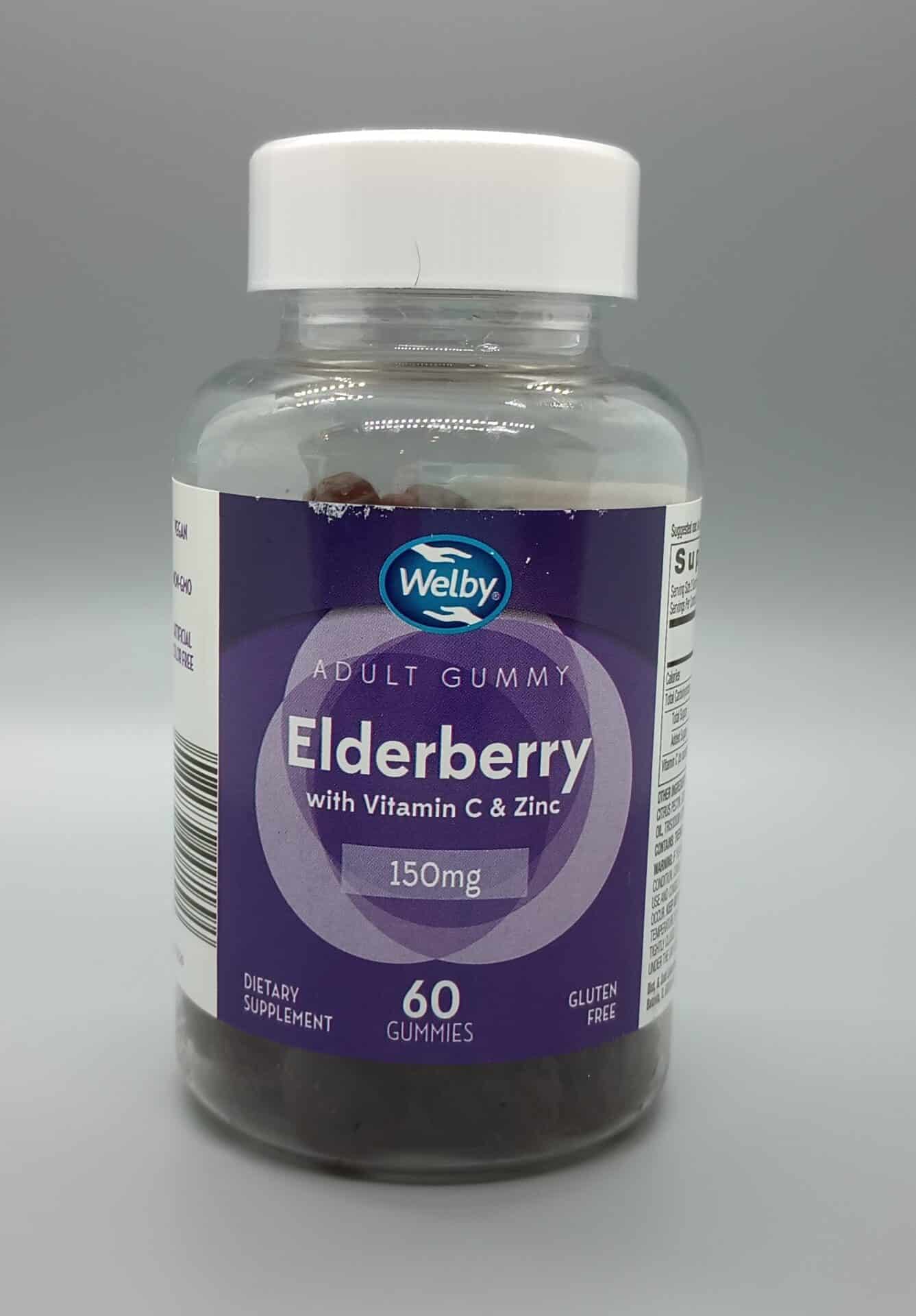Last Updated on July 3, 2023
This post contains affiliate links.
Most of us these days don’t have to worry about developing scurvy. This disease is caused by a lack of vitamin C or ascorbic acid, and its symptoms most notably include gum disease and bleeding but also weakness and fatigue. If not properly treated, it causes death.
Scurvy has been documented as far back as Ancient Egypt and Ancient Greece, and people around the world have suffered particularly when fresh fruits and vegetables are scarce, often during the winter season or whenever access to fresh foods is cut off. Scurvy’s effects were especially notorious on ships from the 13th century well through the 18 century, when the disease routinely killed 50 percent of sailors on long voyages. Eventually, people realized that citrus fruits helped to cure the disease.
People living in developed countries typically get enough vitamin C in their diets nowadays. Besides being in citrus such as oranges, lemons, and limes, vitamin C is also found in strawberries, kiwis, bell peppers, kale, broccoli, brussels sprouts, potatoes, and spinach. The body does not store vitamin C, so it’s good to incorporate it into your diet each day.
Vitamin C supplements are a popular addition to many people’s diets, though. That’s because the vitamin comes with a host of potential benefits, including antioxidant properties, healthy skin maintenance, and possible lowered risk of heart disease, high blood pressure, gout attacks, iron deficiency, and dementia.
And, of course, vitamin C is frequently praised as an immune system booster, in large part because it promotes development and function of white blood cells, which fight against infection. You’ll often see people taking extra vitamin C during cold and flu season. Science doesn’t indicate that vitamin C will prevent the common cold, but it may somewhat reduce the severity.
You can find vitamin C supplements in pill, chewable, or gummy forms any drugstore or grocery store. Aldi also sells vitamin C gummies under its Welby health care private label. These are among several types of gummy supplements Aldi sells, including adult and children’s multivitamin gummies, vitamin D gummies, elderberry gummies, and apple cider vinegar gummies.
Welby Vitamin C cost $7.99 at the time of publication for a bottle containing 164 gummies. Two gummies make one serving of 250 mg of vitamin C, so this bottle contains 82 servings. That comes out to about 10 cents per serving or about 5 cents per gummy.
For comparison, Emergen-C vitamin C gummies with 750 mg of vitamin C per serving cost about 75 cents per serving or about 24 cents per gummy when you purchase a 45-count bottle with 15 servings at Walmart at the time of writing. Nature Made vitamin C gummies with 250 mg of vitamin C cost about 14 cents per two-gummy serving or about 7 cents per gummy when you buy a bottle containing 120 gummies at Walmart at the time of writing. Even the cheapest vitamin C gummies I could find at Walmart — the Spring Valley brand in a 150-count bottle — cost about 14 cents per two-gummy serving or about 6 cents per gummy at the time of writing with 250 mg of vitamin C. That’s still a bit more than what the Aldi vitamin C costs.
You can save money by purchasing vitamin C in pill form rather than as gummies, but Aldi only sells vitamin C as gummies. A 100-count bottle of Spring Valley vitamin C tablets with 500 mg of vitamin C cost about 4 cents per 1-pill serving at Walmart at the time of writing. Whether you prefer to take your supplements as pills or gummies is a matter of personal choice. The gummies taste good, obviously, but they cost more and also come with added sugar.
The Aldi vitamin C gummies are a Regular Buy, so you ought to be able to find them at Aldi all year.
Ingredients are glucose syrup, sugar, purified water, pectin, sodium ascorbate, trisodium citrate, natural orange flavor, and paprika extract.
This product is gluten free.
I have spotted stickers on the vitamin and supplement cases in Aldi that state the gummies are from a vendor called Vita Warehouse based in New York. These appear to be produced by VitaGlobe, a manufacturer of health and beauty products. These were produced in a Good Manufacturing Practices facility.
The directions suggest chewing two gummies once daily as a dietary supplement, or as directed by a qualified health care professional. Chew thoroughly before swallowing.
The bottle also recommends that if you have a medical condition, are on medication, or are pregnant or nursing you should consult the advice of a qualified health care professional before using. In addition, the label states that the color of these gummies may darken over time, but this does not affect their potency.
A 2-gummy serving has 20 calories, 5 grams of total carbohydrates (2% DV), 5 grams of added sugars (10% DV), 250 mg of vitamin C as ascorbic acid (278%DV), and 5 mg of sodium (<1% DV).
Mayo Clinic suggests 75 mg a day for women and 90 mg a day for men, and no more than 2,000 mg a day for all adults. Mayo Clinic also states that a healthy diet provides enough vitamin C for most people. The Aldi vitamin C is well within those limits.
How do these Aldi vitamin C gummies taste? They taste very good. They’re sweet and tart, reminding me of an orange-ade drink or orange-flavored gummy candy. They don’t have any kind of weird vitamin taste or aftertaste. They’re chewy but don’t stick to your teeth too badly. All together, these are a nice treat if you’re trying to up your dosage of vitamin C.
The only real downside is that they contain added sugar — about 10% of your daily allotment. So if you’re watching your sugar intake, you’ll want to stick with tablets or pills rather than gummies.
The Verdict:
Welby Vitamin C gummies contain 250 mg of vitamin C per two-gummy serving. You won’t easily find cheaper vitamin C gummies, and these taste great. The one caveat is that these — like all gummy supplements — contain added sugar.







